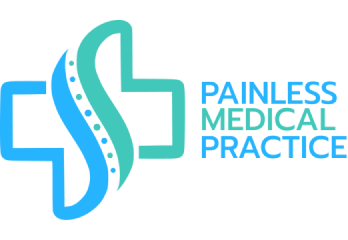Regenerative Medicine
What is Regenerative Medicine?
Regenerative medicine is a field of medicine focused on repairing or replacing damaged cells, tissues, or even organs to restore normal function. It uses techniques like stem cell therapy, tissue engineering, and other innovative approaches to stimulate the bodys natural healing processes. This advanced approach can be used for chronic pain, joint injuries, and degenerative diseases, helping patients recover faster and more effectively. Healing therapy boosts natural healing and may reduce the need for invasive surgeries or long-term medications.
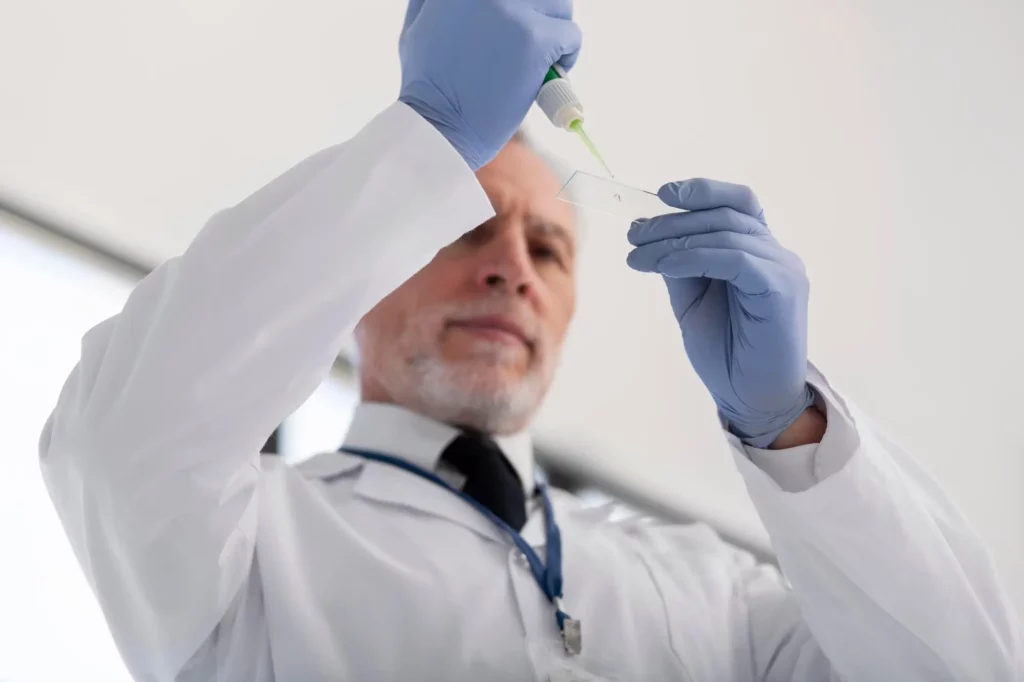

How Regenerative Medicine Works?
Regenerative medicine works by boosting the bodys own ability to heal and repair damaged tissues, using specialized cells and advanced techniques. Basically, regenerative medicine treatment involves stimulating the natural healing processes already present in our cells. Stem cells, for example, play a key role in this field because they can transform into different types of cells, such as bone, muscle, or nerve cells, depending on what the body needs.
In regenerative medicine therapy, these cells are usually injected directly into damaged areas or, in rarer cases, used to grow tissues in a lab that can later be implanted. This therapy can also include growth factors – like natural proteins that boost cell activity – or techniques like tissue engineering, where cells are combined with supportive materials to boost tissue growth. Among these types, direct injection is used most often. Overall, healing therapy aims to help the body heal itself faster and more effectively.
Types of Regenerative Medicine Treatments
This treatment uses stem cells, which have the unique ability to become different types of cells needed in the body. Stem cells are injected into damaged areas, helping to repair tissues like cartilage, muscle, or bone. Its a popular choice in regenerative medicine in chicago for injuries and chronic conditions.
In prp therapy, a patients blood is processed to concentrate platelets, which contain growth factors that boost healing. This concentrated plasma is then injected into injured areas to boost the bodys natural healing processes. Prp is usually used for joint pain, tendon injuries, and skin issues.
Tissue engineering combines cells with materials that support cell growth to create or repair tissues. This treatment helps rebuild damaged organs or tissues, like skin grafts for burns or cartilage repair in joints.
This includes altering genes within a patients cells to treat or prevent disease. It can target the underlying genetic causes of certain conditions, helping to repair damaged cells at the molecular level.
Conditions Treated With Regenerative Medicine
Conditions treated by regenerative medicine include:
- Joint Pain. For knees and other joints can help reduce pain and boost healing in cases of arthritis, cartilage damage, or ligament injuries.
- Back Pain. For back pain can address conditions like disc degeneration, chronic lower back pain, and spine injuries.
- Sports Injuries. Regenerative sports medicine is commonly used for injuries like torn tendons, muscle strains, and ligament tears.
- Knee Pain. Specific therapies, like regenerative medicine for knee pain, can help repair knee joint damage and reduce inflammation.
- Soft Tissue Injuries. Regenerative treatments are also used for tendonitis, bursitis, and muscle injuries.
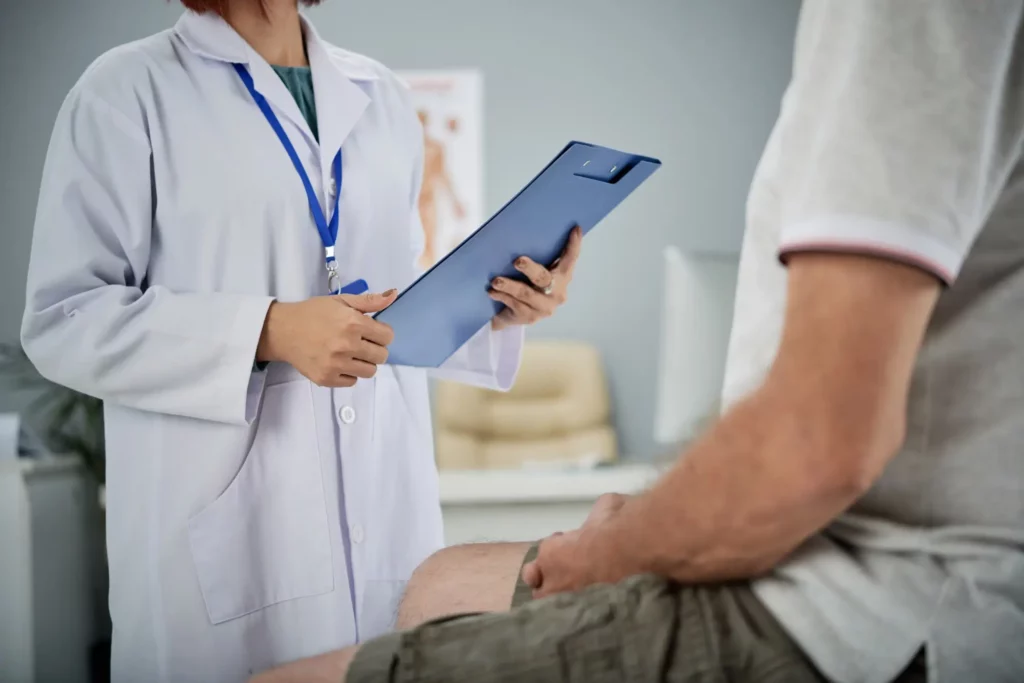
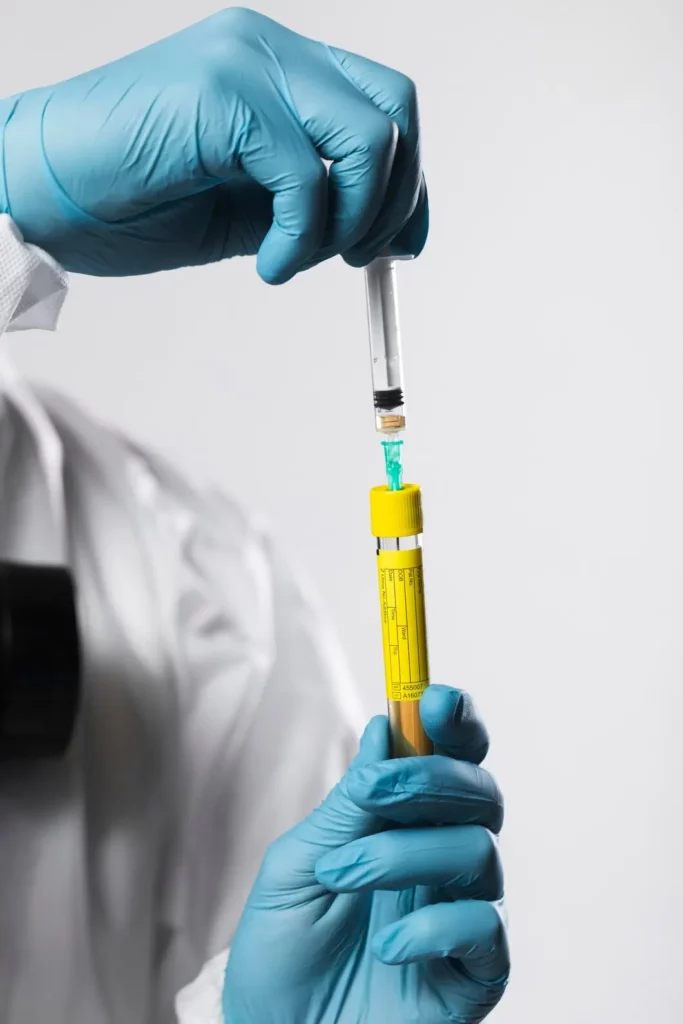
Regenerative Medicine Treatment Process
Here’s how the process looks like in general:
- Consultation. At your pain management clinic, youll meet with regenerative medicine doctors in chicago who assess your condition and discuss whether regenerative treatments are right for you.
- Personalized Treatment Plan. Your doctor will create a treatment plan, which may include healing therapy injections like prp (platelet-rich plasma) or stem cell therapy, based on the condition being treated.
- Preparation and Procedure. For treatments like prp, a small blood sample is taken, processed, and injected back into the affected area. For stem cell therapy, cells are typically harvested from your own body and then injected into the damaged tissue.
- Post-Treatment Care. After the injection, its generally recommended to rest and avoid strenuous activity to allow the treatment to take effect.
- Follow-Up and Monitoring. Youll have regular follow-ups to monitor your progress and make adjustments if needed. Regenerative pain medicine often works gradually.
Please note that the procedure may differ based on the type of treatment, area and condition being treated, etc.
Benefits of Regenerative Medicine
- Boosts Natural Healing. Including PRP injection therapy, uses the body’s own healing abilities, boosting natural tissue repair without relying on invasive procedures or extensive medication.
- Reduces Pain and Inflammation. This therapy targets the source of pain, reducing inflammation.
- Less Invasive Than Surgery. Many regenerative treatments, like stem cell therapy or PRP, are minimally invasive, allowing patients to avoid surgery and lengthy recovery times.
- Improves Joint Function. Can help restore mobility in joints by repairing damaged tissues.
- Speeds Up Recovery for Injuries. For sports injuries or chronic conditions, regenerative treatments promote faster recovery, helping you get back to normal activities sooner.
- Long-Lasting Results. Unlike temporary pain relief methods, regenerative medicine offers longer-lasting results, as it addresses not just symptoms, but underlying issues.

How Regenerative Medicine Integrates with Other Treatments?
Regenerative medicine works well alongside most other treatments. For example, if you’re dealing with joint pain, regenerative therapies like PRP injections or stem cell therapy can be combined with physical therapy to better support recovery. The regenerative treatment helps repair tissues, while physical therapy boosts flexibility and strength.
For those with chronic conditions, regenerative medicine can be used alongside medications or pain relief injections, it offers both long-lasting results as well as almost instant pain relief. Many people find that regenerative and sports medicine also pairs well with lifestyle changes, like diet adjustments or low-impact exercise.
Risks and Considerations of Regenerative Medicine
While regenerative medicine offers many benefits and is generally safe, there are some risks and considerations to keep in mind. Since it’s a newer field, not all treatments have extensive long-term research. Results can vary from person to person, and some people may not see the full benefits they hoped for. A regenerative medicine doctor will assess your specific condition and help you understand the potential outcomes.
Side effects are usually mild but can include temporary pain, swelling, or bruising at the injection site, especially with therapies like PRP. In rare cases, there’s a small risk of infection or allergic reaction, which your doctor will discuss.
Cost is another consideration, as regenerative medicine may not always be covered by insurance. It’s helpful to discuss treatment costs upfront so you know what to expect. Ultimately, working closely with a knowledgeable doctor can help you weigh these factors and make the best choice.
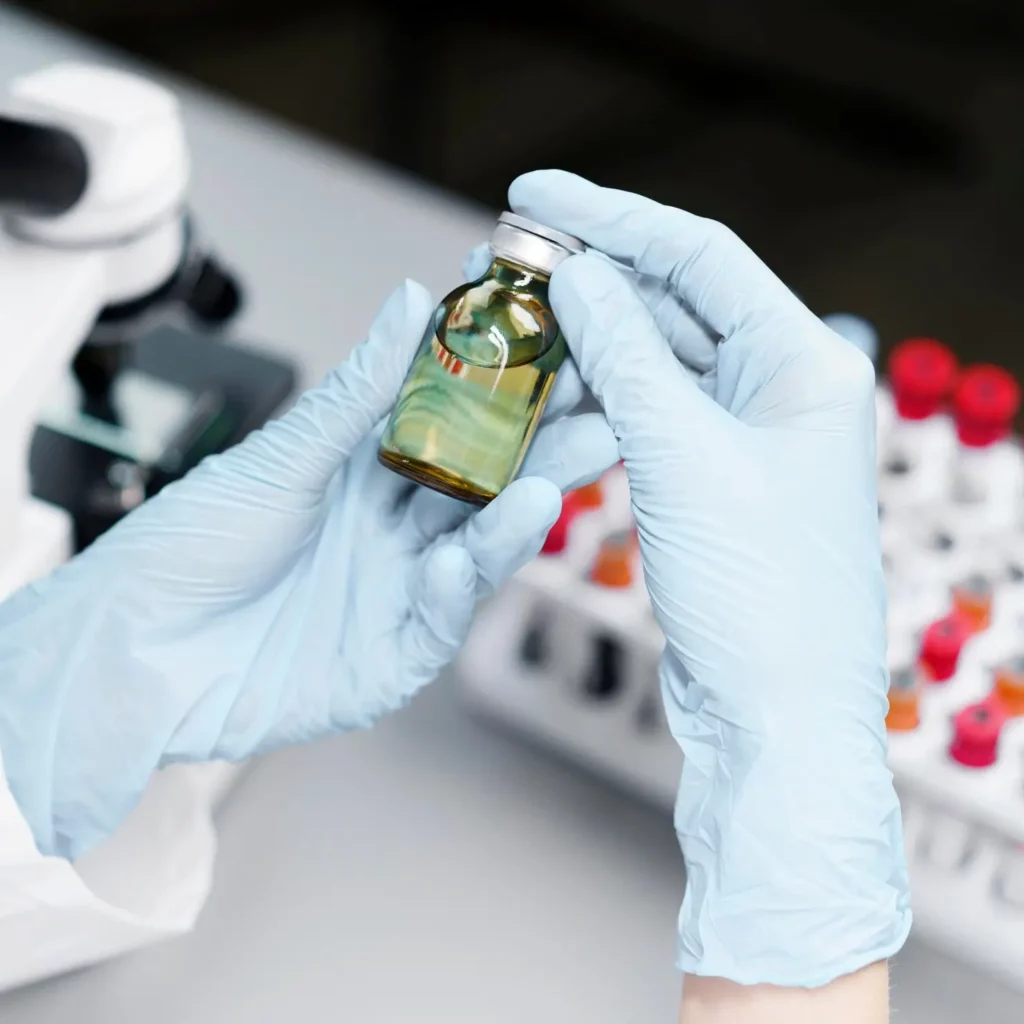
for your pain needs
Choose Painless Medical Practice for Regenerative Medicine in Chicago, IL
Choose Painless Medical Practice in Chicago, IL, for regenerative medicine and experience personalized, genuine care with Dr. Jaroslav Tymouch, MD and Founder. As a regenerative medicine specialist, Dr. Tymouch is dedicated to providing the most effective treatments to help you manage pain and boost healing. At our regenerative medicine clinic, we offer a variety of advanced therapies, like steroid injection, viscosupplementation, PRP injection, and stemwave therapy, based on your specific needs, and recovery goals.
Dr. Tymouch and his team will guide you through every step, creating a plan that’s right for you, with no one-size-fits-all solutions. Ready to feel the difference? Contact Painless Medical Practice today to schedule a consultation!
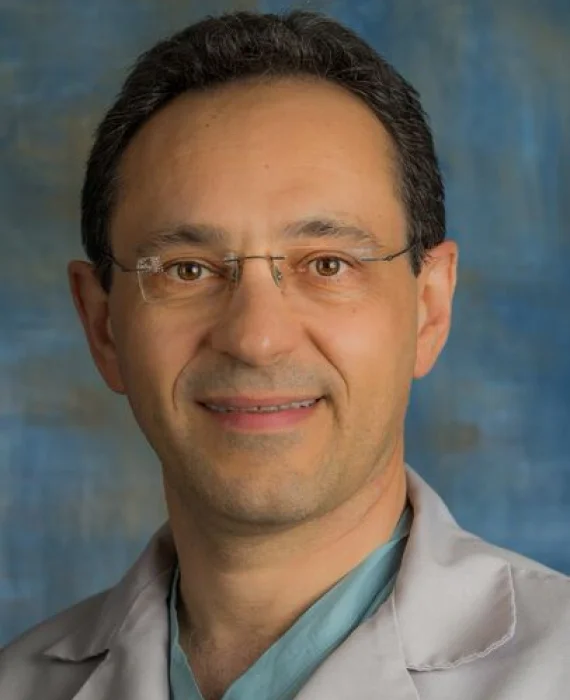
Our Insurance Partners


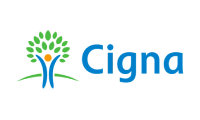

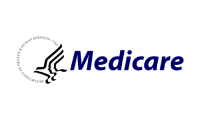




FAQs About Regenerative Medicine
What Is Regenerative Medicine?
Regenerative medicine is an innovative field of medicine focused on repairing, replacing, or regenerating damaged tissues and organs. By utilizing the body’s natural healing mechanisms, regenerative treatments aim to restore function and alleviate pain. This approach often involves techniques like stem cell therapy, platelet-rich plasma (PRP) injections, and tissue engineering to treat a range of medical conditions.
How Does Regenerative Medicine Work?
Regenerative medicine works by stimulating the body’s own repair mechanisms or by using biological materials to support healing. Treatments may include injecting concentrated cells, like stem cells or platelets, directly into the affected area to encourage tissue repair and reduce inflammation. These cells release growth factors and proteins that support regeneration and aid in the recovery of damaged tissues.
What Is Regenerative Medicine Used For?
Regenerative medicine is used to treat a variety of conditions, particularly those involving joint, muscle, and soft tissue injuries. It is commonly applied in orthopedic and sports medicine for managing arthritis, tendon injuries, ligament damage, and cartilage loss. By targeting the root cause of the injury, regenerative medicine can enhance healing and improve function over time.
What Is the Main Use of Regenerative Medicine?
The main use of regenerative medicine is to promote healing and tissue regeneration in areas of the body that have been damaged by injury, aging, or disease. This field is especially valuable for treating chronic pain conditions and degenerative joint issues, aiming to reduce reliance on invasive procedures and improve patients’ quality of life.
How Often Do I Need Regenerative Medicine Treatments?
The frequency of regenerative medicine treatments varies depending on the condition being treated, the type of regenerative therapy used, and individual healing responses. Some patients may experience significant improvement after a single treatment, while others may require a series of injections or sessions spaced weeks to months apart for optimal results. Your healthcare provider will assess your progress and recommend a treatment plan tailored to your specific needs and goals.
What People Say About Regenerative Medicine
our services before
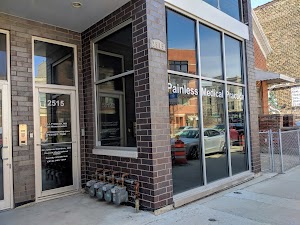
If you are looking for a knowledgeable, compassionate and highly skilled professional, I highly recommend Dr Tymouch. His expertise truly stand out!
Dr. Tymouch took the time to carefully explain everything, answer my questions, and made me feel completely at ease throughout the entire visit. He treated my knee pain with injections, and the results were truly amazing and fast. I happy that I will be able to enjoy my vacation without discomfort. I’m so grateful for his care and highly recommend Dr. Tymouch to anyone in need of expert, compassionate treatment.
The team is professional, compassionate, and highly skilled at managing different types of pain.
